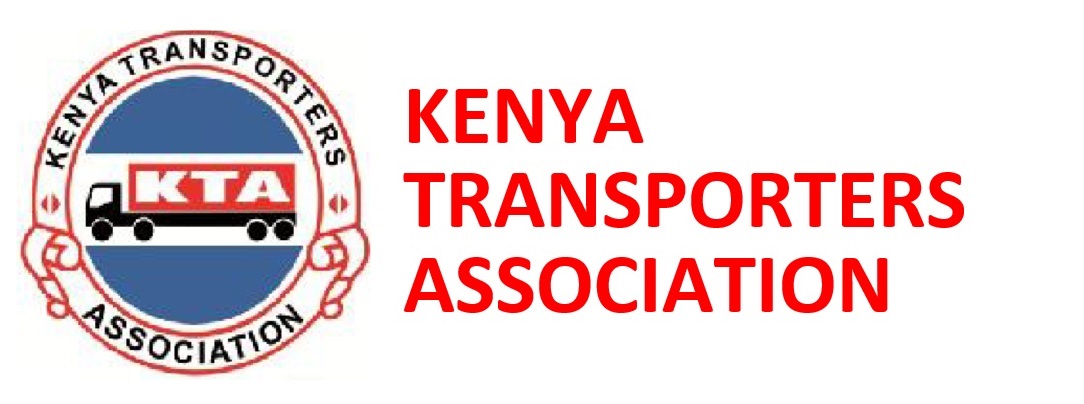The Northern Corridor Co-ordination Authority, established under the Article 6 of the Nothern Corridor Transit and Transport Agreement (NCTTA) and comprising the Council of Ministers, the Executive Committee, the Specialised Committees, Public Private Partnership Committee and the Permanent Secretariat, is tasked with among others; exercising jurisdiction over the co-ordination and implementation of the corridor activities which include transforming the Corridor into a Development Corridor which, in addition to offering safe, fast and competitive transport and transit services that secure regional trade, stimulates investment, encourages sustainable development and poverty reduction.
The corridor surveys form part of the on-going efforts by the regional governments to make the Northern Corridor efficient and affordable in order to attract business to the region. Poor infrastructure and lengthy port and border processes have been identified as the foremost non-tarrif barriers to trade in East Africa. The survey was organised by the Permanent Secretariat of the Northern Corridor to identify and address the challenges faced by the users and operators along the Northern Corridor routes considered to be among the most expensive trade routes in Africa. The survey delegation led by Mr. Emile Sinzumusi, Head of Programme for Customs and Trade Facilitation at the Northern Corridor secretariat, visited Mombasa Port, Changamwe railway station, Container Freight Station, weighbridges, Eldoret pipeline and railway station, Cargo interveners at either sides of Malaba border and URA Transit Monitoring Unit in Kampala.
Among some of the key challenges identified during the survey include inadequate cargo off-take and delivery infrastructure within the precincts of the port, poor infrastructure and inadequate staff at Malaba border post, poor state of Athi river and Gilgil weighbridges and inadequate acceleration lane at the Webuye High Speed Weigh In Motion scale, extortion at highway police checks, traffic jams and overloading.
A visit at the Malaba Customs offices revealed lack of a holding yard, a warehouse and a scanner for verification. The KRA officers decried the delays occassioned by the on-going construction work of the One Stop Border Post (OSBP) which have pushed them to undertake the verification exercise on the Ugandan side of the Border. "Transit truckers have had to contend with delays at the border due to operational inefficiencies largely caused by the on-going construction of the Malaba OSBP and inadequate staffing at the customs office," lamented a KRA officer.
The OSBPs are meant to reduce the number of stops in cross border trade and other transactions by combining border controls activities of the agencies at a single location in each direction for each one stop border crossing. The construction of Malaba (Kenya) OSBP is still ongoing contrary to earlier indication that the work was due for completion early 2014.
Lack of system integration and frequent system downtime was also identified a major cause of delays at the border. The clearing agents also complained that drivers were wasting a lot of time at the border for personal reasons thus contributing to delay in cargo delivery and increase in operating costs.
The implementation of the recommendations in the survey report will be carried out by the regional governments through the Northern Corridor Secretariat.
